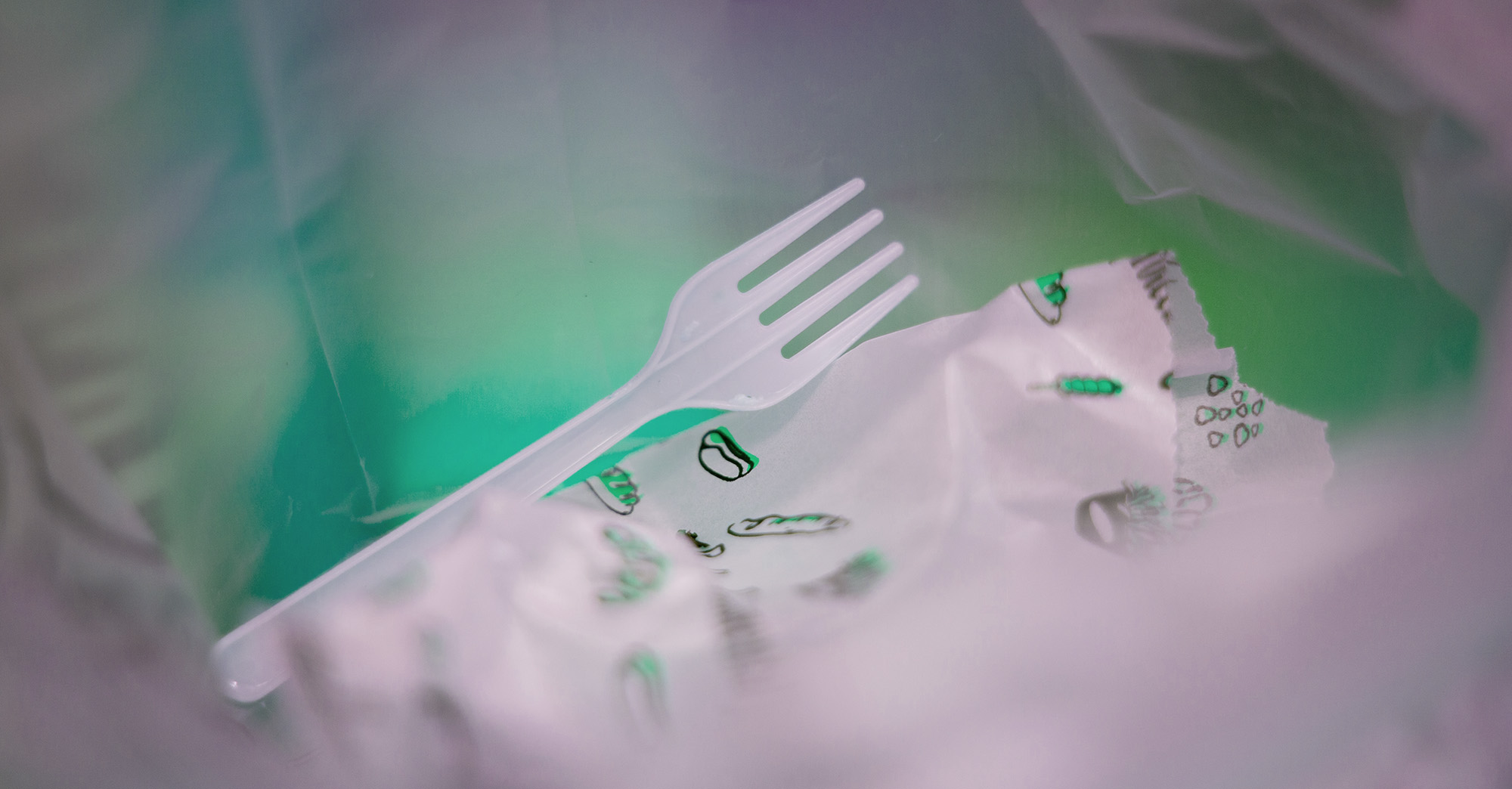Environment Minister, Hon David Parker, released an article on 27/06/2021 which described the government’s plan to phase out some single-use plastics by July 2025. Here’s Tadpole’s summary of the changes coming our way.
- New Zealand is a high generator of waste – Kiwis throw away an estimated 159 grams of plastic waste per person, daily.
- There is strong support from businesses and the public for change, particularly around plastic use.
- The NZ Government is moving the country to a low waste, low emissions circular economy and has promised to phase out problem plastics and single-use plastics by July 2025.
- The purpose of elimination is to improve the environment and the amount of waste going to landfill (which pollutes soil, waterways and the ocean).
- The phase-out will take place in three stages, commencing late 2022. Plastics to be banned are:
- Hard to recycle food and drink packaging made from PVC and polystyrene and some degradable plastic products, e.g. oxo and photo degradable objects;
- Single-use plastic items, e.g. cotton buds, bags, plates, cutlery, fruit labels.
- Further work is needed to reduce single-use cups, wet wipes, plastic straws and some expanded polystyrene items. The Government will work with industry and other stakeholders to develop a plan and likely advise next steps in 2022.
What to expect
- Plastics will be phased-out under Section 23(1)(b) of the Waste Minimisation Act 2008 in three stages:
- Late 2022: PVC meat trays, polystyrene takeaway packaging, EPS grocery packaging, degradable plastic products, plastic drink stirrers, plastic stemmed cotton-buds;
- Mid 2023: Single-use plastic produce bags, plastic tableware (plates/bowls/cutlery), plastic straws, non-compostable produce labels;
- Mid 2025: All other PVC and polystyrene food and beverage packaging.
What can you do?
- Find reusable options such as recyclable plastic or paper-based containers for use in your business or home.
- If appropriate options aren’t available, innovate. Ideas regarding the manufacture, use and disposal of plastics are being supported by the $50 million Plastics Innovation Fund.
Click here to view the original article or for more information from the Ministry for the Environment website.




